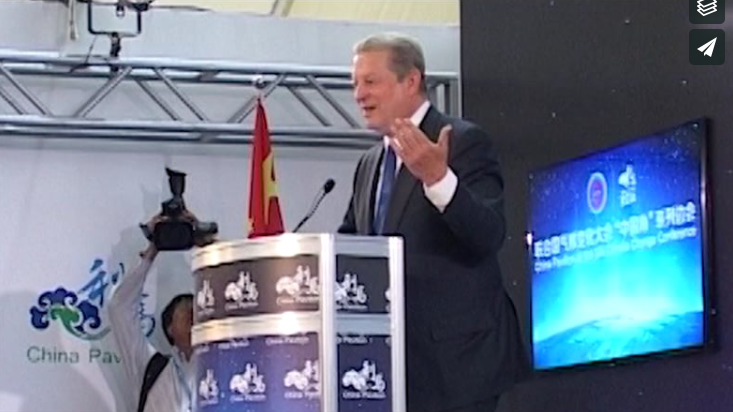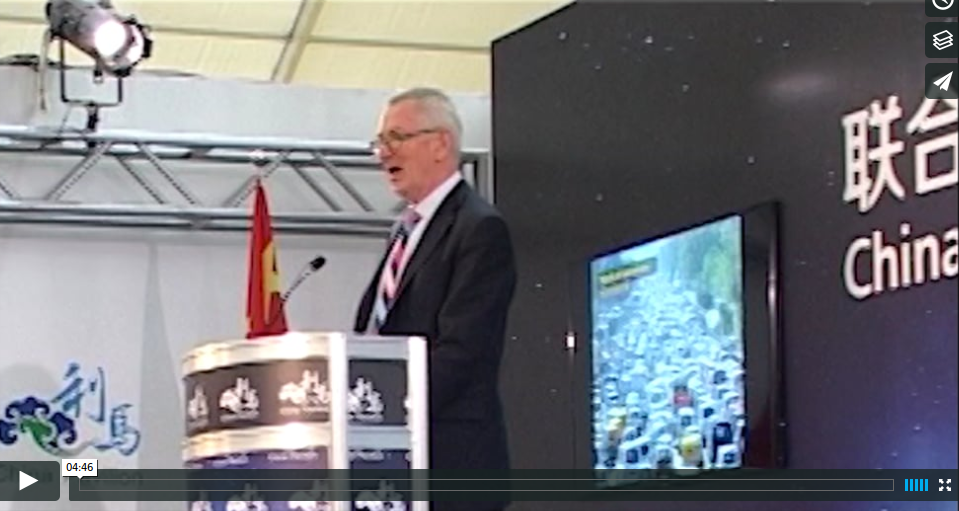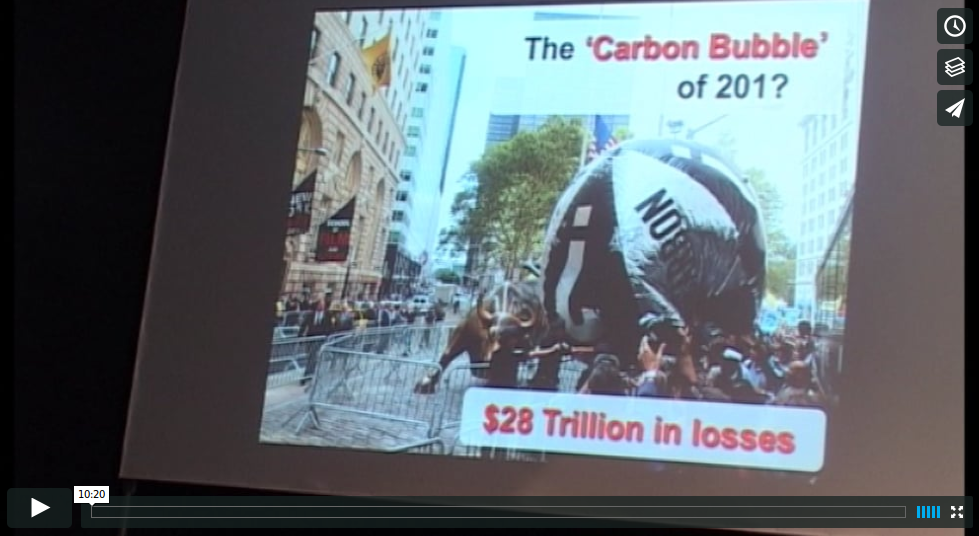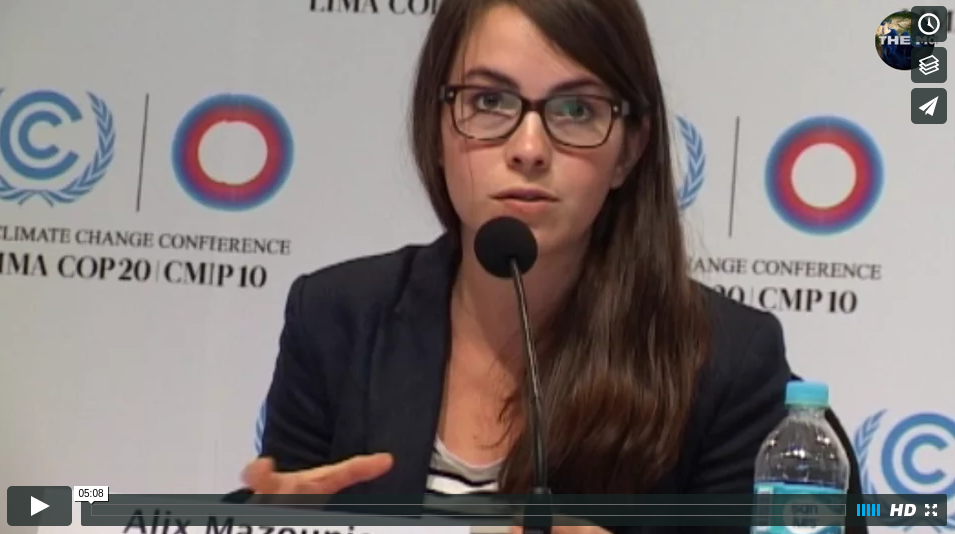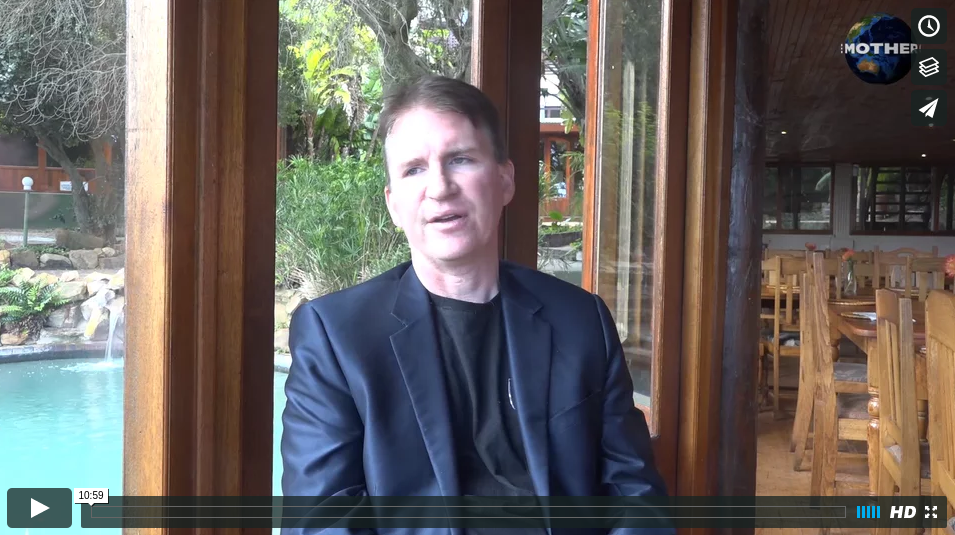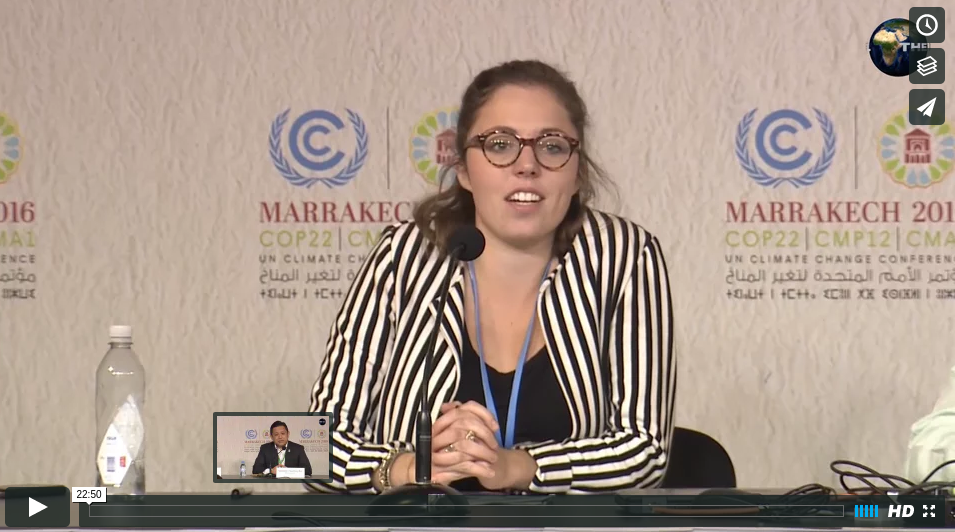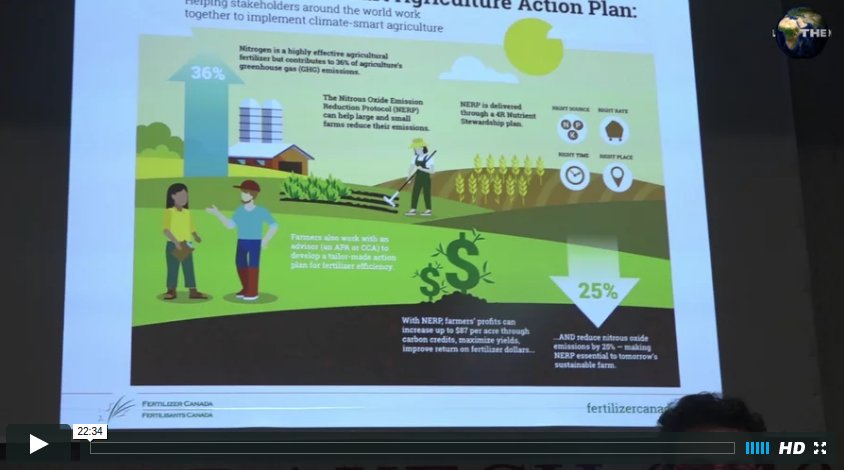- Live Stream
- Climate Change
- ENN
- Environmental Info
- Green Business
- Green Solutions
- Beautiful World
- Categories
- Articles
- Arctic & Glaciers
- Polar Regions and Glacier Reports
- Ethical Dimensions
- Global Warming
- Peatlands & Wetlands
- ENN – The Environmental News Network
- Agriculture
- Chemicals
- Conservation
- Fish Crime
- Forests
- Health
- Mountains
- Oceans
- Energy
- Money
- Green or Gone
- Nutrition
- Permaculture
- Various Solutions
- Powerful
- Watch This
- Water
- Breaking News
- Series ENN
HomeGreen BusinessMoney'InsuResilience'~a Pro-Poor focus for Climate-Stressed and Vulnerable peoples
‘InsuResilience’~a Pro-Poor focus for Climate-Stressed and Vulnerable peoples
David Hewitt of United Nations University Institute ~ Environment and Human Security (UNU-EHS), introduces speakers with interdisciplinary expertise on Climate Analytics, Risk Management and Insurance from the Munich Climate Insurance Initiative (MCII) for the launch of their latest policy report entitled, ‘Making Climate Risk Insurance work for the most vulnerable : ‘InsuResilience’ ~ 7 Guiding Principles, […]
CLOSE

